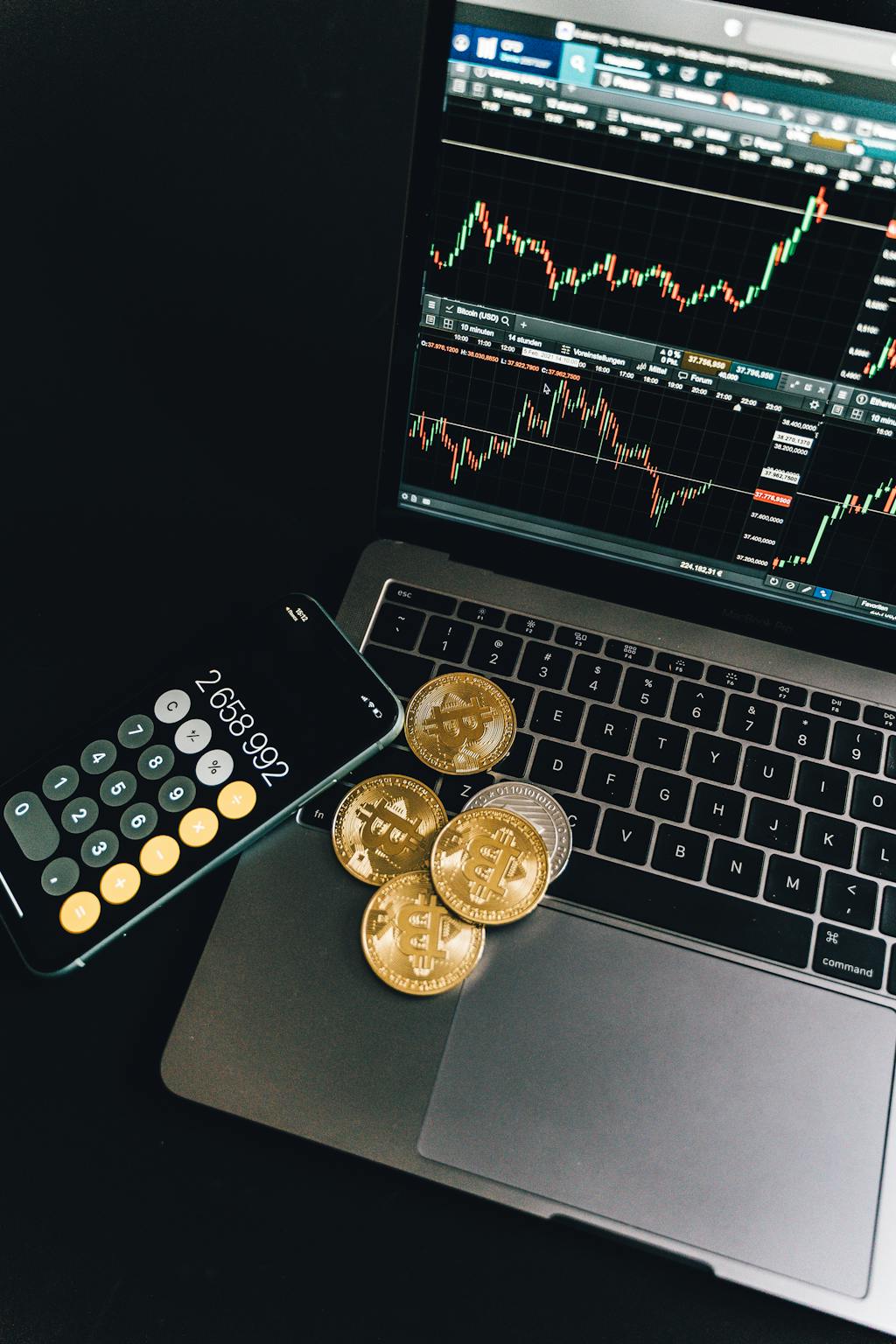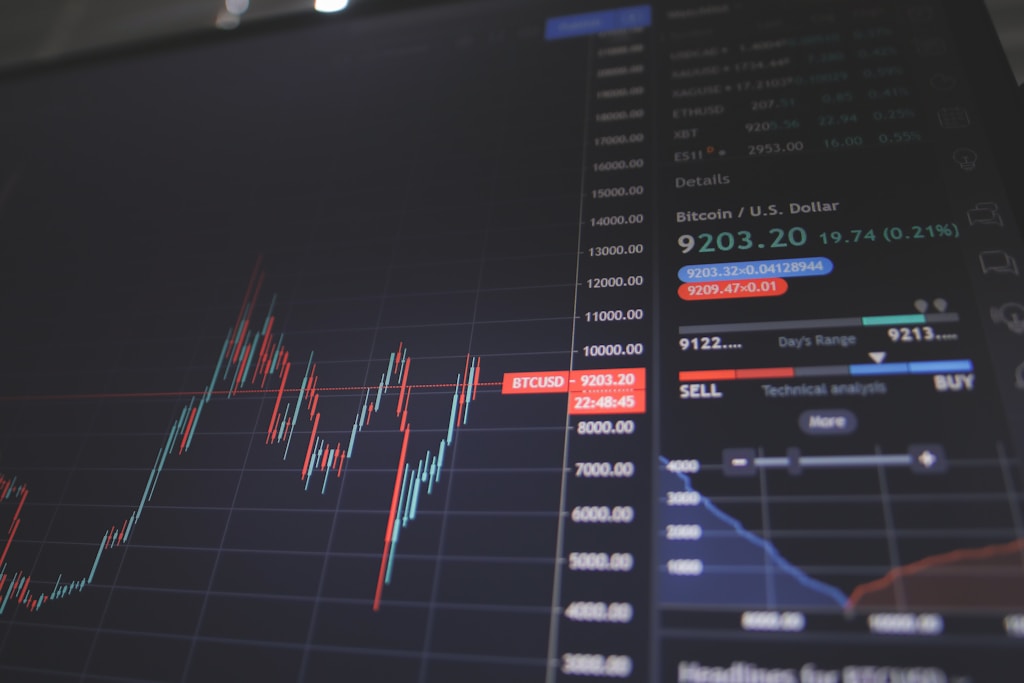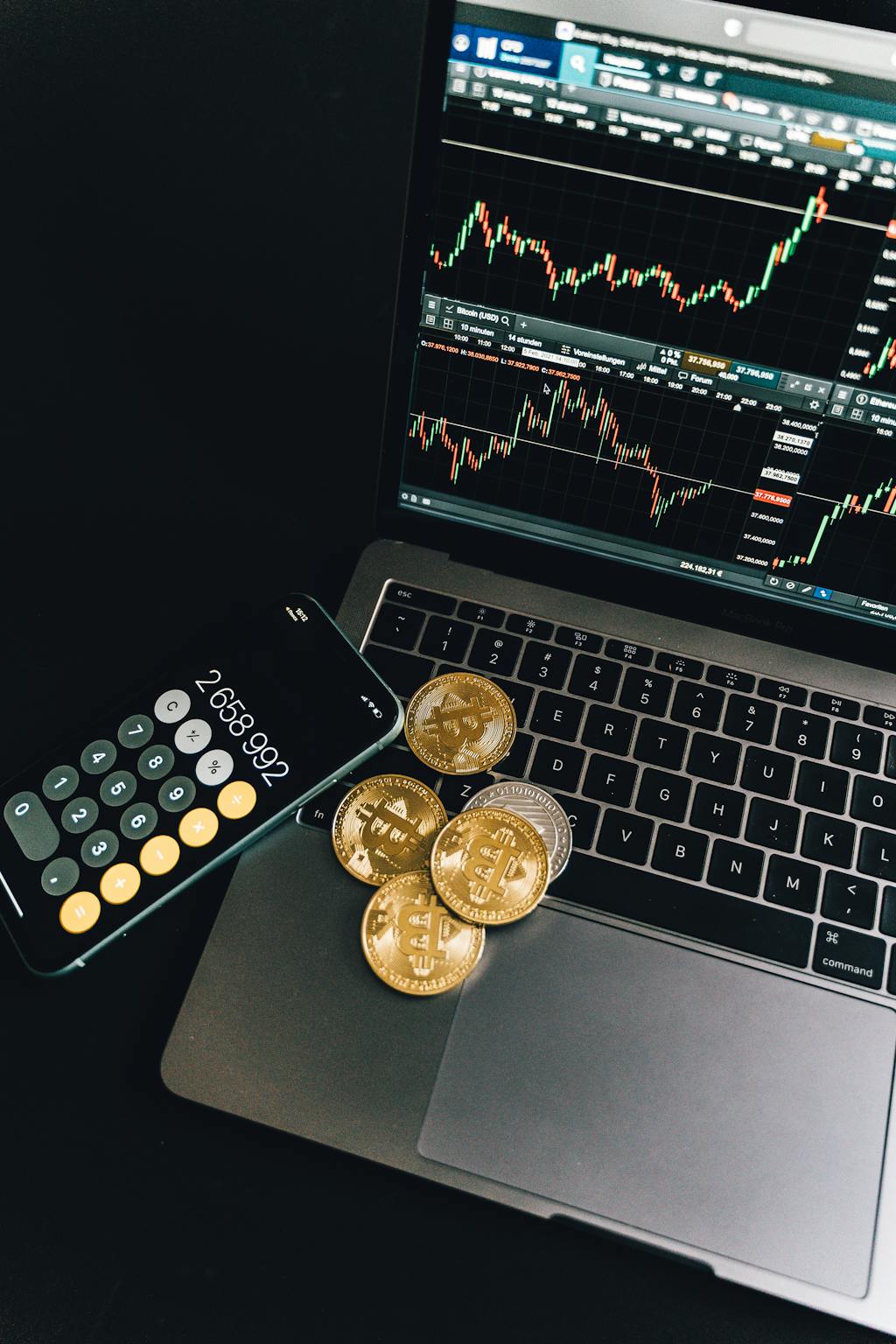A Solana-based meme coin tied to the Central African Republic (CAR) has experienced a significant price surge following hints from the nation’s president about potential cryptocurrency legislation. The development marks another interesting chapter in the intersection of meme coins and national crypto adoption.
CAR Token’s Sudden Price Movement
President Faustin-Archange Touadéra’s recent statements regarding potential meme coin-related legislation have triggered substantial market movement for the CAR token. This price action comes amid broader volatility in the meme coin sector, as recent events have shown the risks associated with meme coin investments.
Understanding the CAR Token Context
The Central African Republic has been making waves in the crypto space since becoming one of the first African nations to embrace digital assets. The CAR token, built on the Solana blockchain, represents an interesting experiment in combining national interests with cryptocurrency technology.
Potential Implications for National Crypto Adoption
The CAR token’s movement highlights growing interest in nation-backed crypto initiatives. This development could signal a new trend in how countries approach digital asset adoption and regulation.
FAQ Section
What is the CAR token?
The CAR token is a Solana-based meme coin associated with the Central African Republic’s crypto initiatives.
Why did the CAR token price increase?
The price surge followed statements from President Touadéra hinting at potential meme coin-related legislation.
What are the risks of meme coin investments?
Meme coins are highly volatile assets that can experience significant price swings based on news and social media sentiment.
Market Outlook and Analysis
While the immediate price action is noteworthy, investors should approach meme coin investments with caution, considering their historically volatile nature and regulatory uncertainties.






